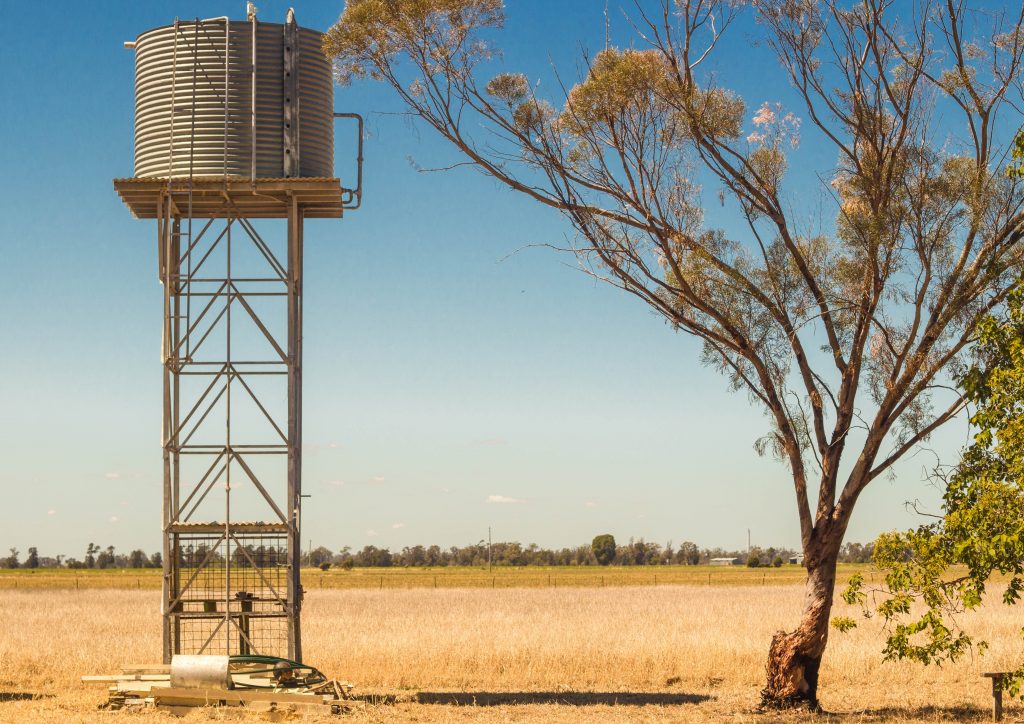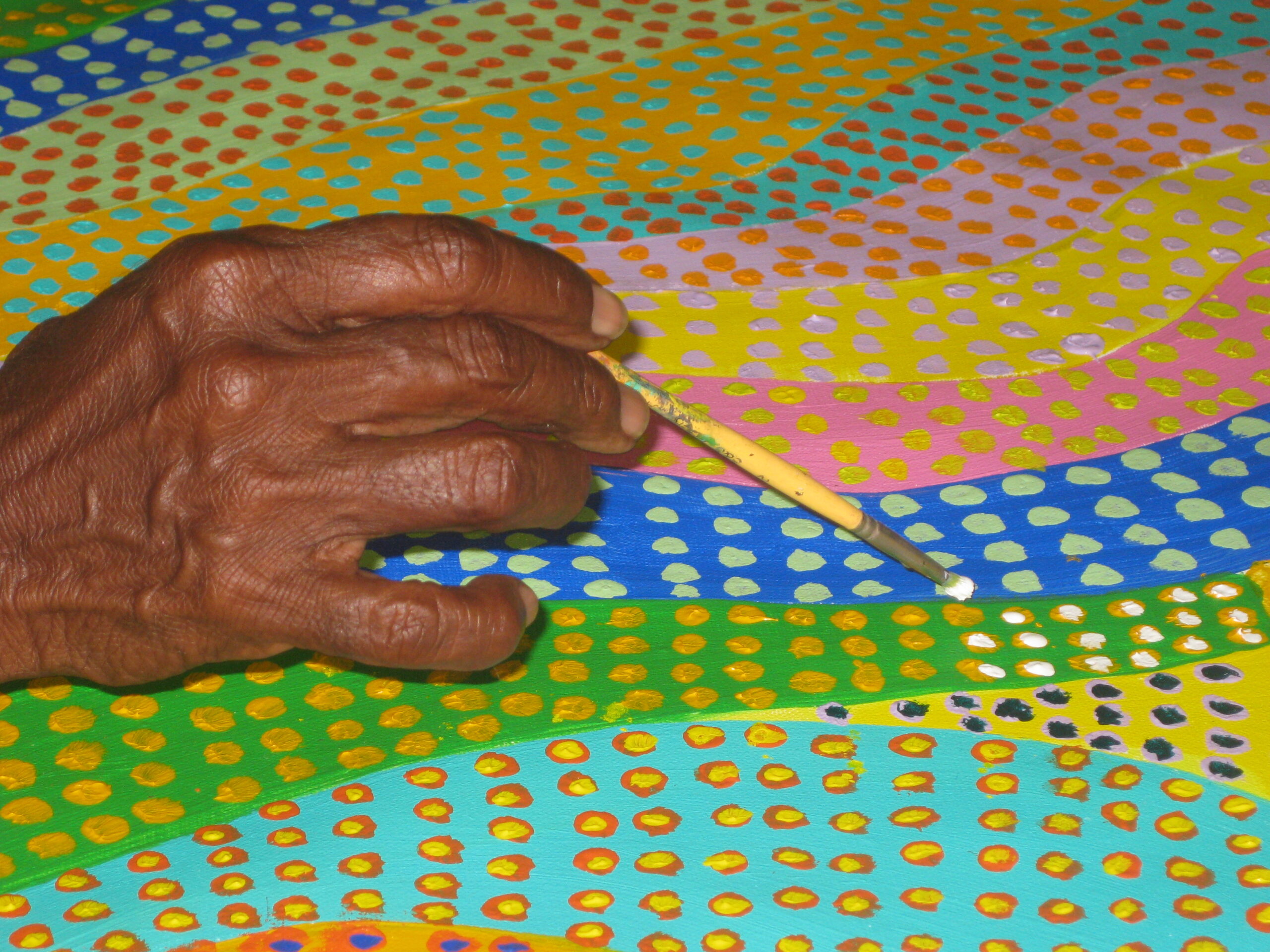2021 John Villiers Outback Art Prize

Arts Law regularly reviews the terms and conditions of competitions and rates them out of five stars. Our review looks broadly at the terms and conditions of a competition. In particular, we look closely at how a competition deals with an entrant’s copyright and moral rights and consider this in light of the prize. Entrants should always take into account the possible profile-raising which may result from being a finalist or winner.
By accepting the terms and conditions of a competition, entrants should be aware that they may be entering a legally binding contract.
For more information, see our free information sheet on competition conditions. Artists are welcome to contact Arts Law for legal advice on the terms of a competition. We also invite competition organisers to contact Arts Law for best practice assistance to make their terms and conditions fairer for artists.
Please note: Prior to February 2018, Arts Law rated out of five stars only the terms of a competition which dealt with copyright and moral rights. Arts Law’s competition reviews are now more holistic, such that our rating out of five stars now reflects a broad review of all the terms and conditions of the competition. For more information see our website.
Review
This month, Arts Law has reviewed the terms and conditions (Ts and Cs) of the 2021 John Villiers Outback Art Prize in Queensland, organised by the Outback Regional Gallery and Waltzing Matilda Centre (Organiser).
Arts Law has rated this competition 5 out of 5 stars!

Well done to the 2021 John Villiers Outback Art Prize! Arts Law made suggestions to the Organiser on how to improve its Ts and Cs to make them artist friendly. The Organiser enthusiastically engaged with Arts Law and we are thrilled that it took on board every one of our suggestions. As a result, these Ts and Cs are an excellent example of best practice when dealing with artists.
Details
Read the terms and conditions of this competition here.
The deadline for this competition is 5pm, 8th January 2021.
This prize has the theme “Outback: A Sense of Place” and acceptable mediums include painting, drawing, print making, sculpture or textile, but no photography or digital mediums. It is open to Australian citizens and there are a number of eligibility requirements which entrants should be across.
Entrants submit images of their works. Approximately 35 to 40 finalists will be chosen. Selected works must be delivered to the Organiser by 5th March 2021, and they must be available for exhibition between 13th March – 7th May 2021 at the Outback Regional Gallery. All finalist’s artworks must be for sale and it’s great that the entrants set the final sale price on their entry submission form.
Prizes
There are 2 prize categories:
- The adult section, with the following cash prizes:
- First Prize: $10,000 – acquisitive (the winning work becomes part of the Outback Regional Gallery collection)
- Second Prize: $2,000 – non-acquisitive
- Third Prize: $500 – non-acquisitive
- The emerging youth section, with the following cash prizes:
- First Prize: $1,500 – non- acquisitive
- Second Prize: $1,000 – non-acquisitive
- Third Prize: $500 prize – non-acquisitive
There is a People’s Choice Award of $500 open to both sections.
Copyright
These terms and conditions are an excellent example of best practice when dealing with an artist’s copyright. They are a fair, respectful and sensible treatment of artist’s rights and the competition organiser is to be commended in the way it deals with an artist’s copyright.
Copyright is an artist’s right to control the use of their artwork, including controlling reproductions of it. If someone wants to reproduce an artwork they need a copyright licence from the copyright owner.
Here, the Ts and Cs state that all entrants retain their copyright. That is very good. Winners and finalists must grant the Winton Shire Council and the Organiser a copyright licence to reproduce copies of the finalists and winning works. We like that that the licence is only required from winners and finalists, rather than from all entrants.
We are really pleased that the organiser implemented Arts Law’s suggestions to create an artist-friendly copyright licence, by placing the following parameters on the licence:
- it is a non-commercial licence, meaning artworks can’t be put on merchandise for sale;
- the artworks can’t be reproduced for any purpose, but rather only for the restricted purpose of promoting the Prize (in printed and online promotion including third party sponsors websites and online platforms that promote the prize);
- it’s a non-exclusive licence, meaning the artist can also license their works to others; and
- there is a sensible time limit on the licence. For the finalists and winners of the non-acquisitive prizes, it is great to see that the licence is only given for 5 years, aside from archival use which is forever – that makes sense. For the winner of the acquisitive prize, the licence is perpetual – meaning the Council and the Organiser can use it forever. This is acceptable given that the Organiser acquires the artwork and may want to reproduce it in years to come (provided of course it is for the restricted purpose).
Moral rights
In addition to an artist’s copyright in their artwork, an artist also has moral rights in respect of their artwork. Moral rights include the artist’s right to be credited, and the right to have their artwork treated with integrity, meaning no derogatory treatment of their artwork eg alterations or changes to the artwork.
The Organiser respectfully deals with an artist’s moral rights in these Ts and Cs. It is expressly stated that the artist and the artist’s gallery (if applicable) will be acknowledged when their works are used. It is also expressly stated that no changes will be made to reproductions of an artwork without prior written consent from the artist, unless it is reasonable to do so. This is respectful of artists, as well as being practical and fair for the Organiser.
Other important information
We are pleased to see that all artworks will be insured while in the Organiser’s possession, care or control. All care will be taken for the artworks during the exhibition and storage time frames. The Organiser will not be responsible for any lost or late entries that occur in transit and the entrant is responsible for freight and insurance on artworks while in transit. All of this is fair.
It’s good to see that payment for sales of artwork will be made to the artist within 30 days of receipt of full payment from the purchaser of the artwork.
The Organiser takes 25% commission plus GST on sold artworks. It is good to see that the terms address the situation where an entrant is contracted to a commercial gallery, in which case the commission will be 40% plus GST and split 50-50 between the Organiser and the artist’s representing gallery. We understand from the Organiser this is fair and usual practice. Note, it is the entrant’s responsibility to ensure that these commissions are acceptable to their gallery or other representative.
The Organiser will repack unsold works and return to the entrant after discussion with the entrant, and the entrant will pay for the freight. Artists should be aware that if their works are unclaimed after six weeks of the close of the exhibition, they will become the property of the Organiser, and may be deaccessioned – but the Organiser would make every effort to contact the artist before any deaccession process occurred. Six weeks is fair.
To conclude
This Prize offers good cash prizes with an opportunity for profile-raising, on very fair terms, resulting in Arts Law rating it a perfect 5 out of 5 stars.
Arts Law is very impressed with these Ts and Cs. Arts Law found it a positive and rewarding experience engaging with the Organiser to assist it in making these Ts and Cs as artist friendly as possible. The Organiser’s willingness to listen to our suggestions and take them on board demonstrates its commitment to respecting artists’ rights and following best practice.
We congratulate the John Villiers Art Prize 2021 for its excellent terms and conditions!
You can lodge a query with us here if you would like to obtain advice from Arts Law about this competition.
Further Information
Please email us at [email protected] to tell us about any competitions or prizes you think we should check. See more about Arts Law’s campaign to improve competition terms and conditions in the Prizes and Competitions section.




